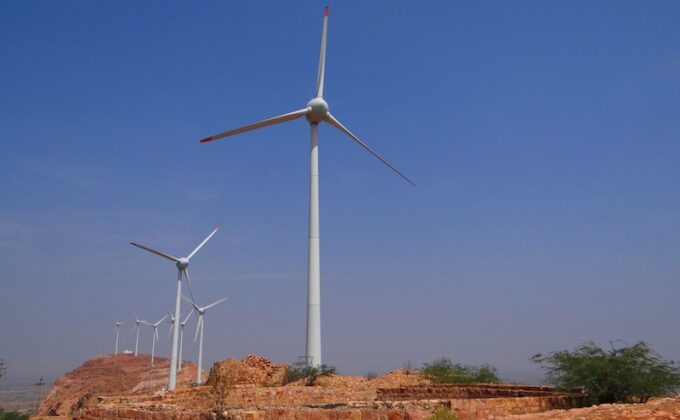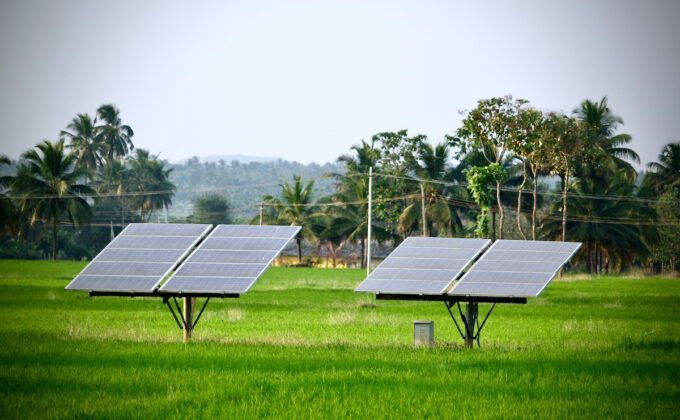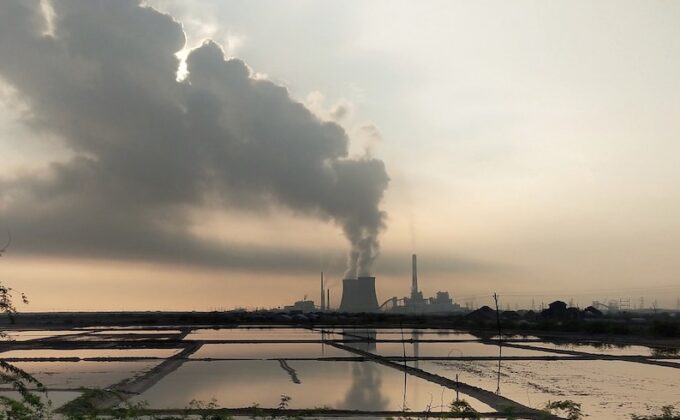Content Filter:
June 15, 2021
Reliability is a challenge but the opportunities are endless
- Rasika Athawale
Distribution companies (discoms) are under increased pressure to begin maintaining an uninterrupted supply of electricity. In her recent annual budget speech, India’s finance minister Nirmala Sitharaman noted that the discoms’ “monopoly behaviour” is a deterrent to the country’s economic growth. View Summary +

May 27, 2021
Non-wires alternatives can be a solution to India’s grid reliability challenge
- Rasika Athawale
India’s electricity regulators, at the central and state level, are tasked with setting appropriate regulations and standards that govern grid reliability and protect consumer rights. While the incidence of complete blackout is rare, the reliability of distribution networks — better… View Summary +

May 4, 2021
India’s electric grid reliability and its importance in the clean energy transition
- Rasika Athawale
Not too long ago, electricity consumers across states in India used to suffer long and frequent power outages. Daily or weekly load shedding – pre-defined intervals for planned power supply cut-off – was so prevalent that people used to plan… View Summary +

November 10, 2020
Why India should keep coal out of its infrastructure story
- Rasika Athawale
As India looks to “build back better” from the Covid crisis, the country would benefit economically, environmentally and socially by investing in clean technologies. In late 2019, the Indian government announced a $1.4trn National Infrastructure Pipeline (NIP) to jump-start… View Summary +

June 6, 2019
New Approaches Needed to Value India’s Energy Resources
- Rasika Athawale
Central and state renewable energy procurement agencies in India cancelled approximately 7,000 MW of tenders for solar and wind capacity addition in 2018. They reason that delaying procurement will lead to savings in purchase costs, since the levelised… View Summary +

February 19, 2019
Voluntary Renewable Energy Certificates: Win-Win for India Inc. and Government
- Rasika Athawale ,
- Ranjit Bharvirkar
Government actions to facilitate the use of renewable energy certificates (RECs) can improve Indian companies’ ability to compete globally—a major policy objective of the current government. Driven partly by consumer demand, firms are being serious about the “source” of… View Summary +

